Acrylic adhesives are a type of adhesive that uses acrylic polymers as the primary bonding agent. Acrylic adhesives are known for their exceptional bonding properties, including high strength, good adhesion to a wide range of substrates, and good environmental resistance. They are used in a variety of applications, from automotive and aerospace to electronics and medical devices. Read More…
Master Bond formulates high quality adhesive systems to help engineers meet specific requirements for their bonding, sealing, coating and encapsulation applications. The product line consists of epoxies, silicones, UV curable and LED curable systems that feature outstanding performance properties.
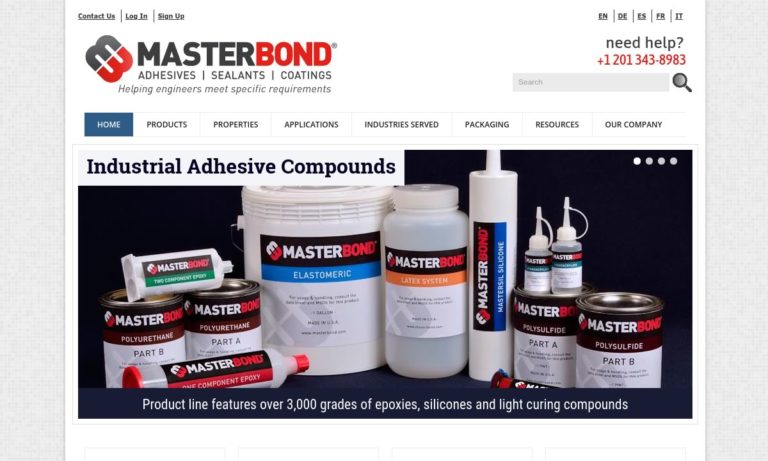
We are a leading manufacturer of hot melts, water-based adhesives, cohesives, and Dextin.. We work to make sure that all of our customers are satisfied and get exactly what they need! From Automotive to Paper Converting or nearly any conceivable application, we are the adhesive solutions company. We put you and your company first! For more information, give us a call today!

We hold North American manufacturing together with our adhesives! We have presences in Seattle, Portland, Spokane, Houston, Dallas, Tulsa, Chicago and many others so that we will be where you need us, always! Our motto states that “We strive for insanely happy customers,” and that’s exactly what the kind of commitment to excellence that we will bring to you. For more information on what we...
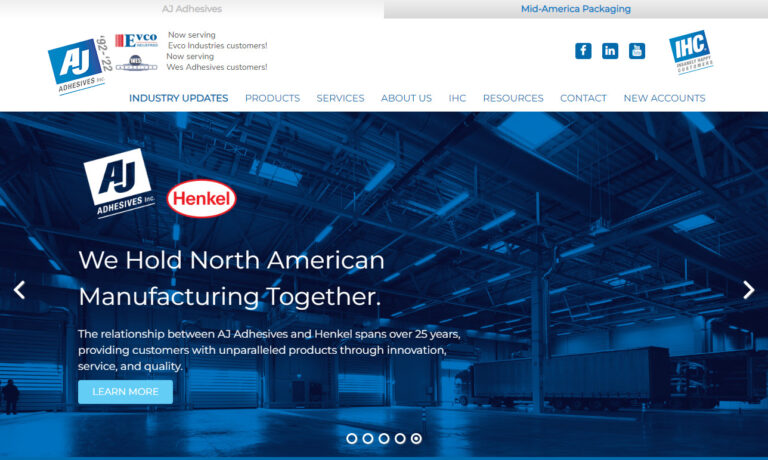
We produce top of the line work when it comes to the adhesive industry! We make sure that we product a high-quality product for world class customers! Formed by the unification of Stik-II Products and Dielectric Polymers, we are now your trusted single source for everyday and custom adhesive solutions. From Aerospace to Windows or nearly any conceivable application, we are the adhesive solutions...
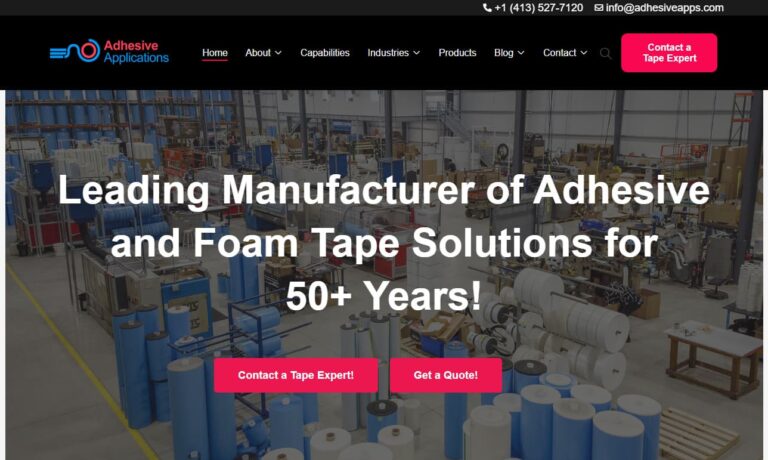
Our skilled engineers and technicians will work closely with you in order to provide you a product that will fit your unique applications! Our laminating adhesives are among the best in the industry and we want to prove it to you! We pay extra attention to our customers in order to ensure that we are exceeding customer expectations at every turn. To learn more about how we may benefit you visit...
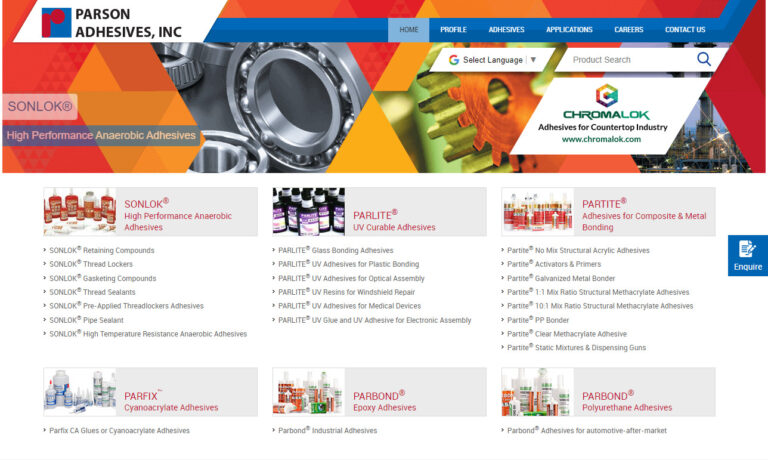
More Acrylic Adhesive Manufacturers
The development of acrylic adhesives began in the 1950s, with the discovery of acrylic resins by Dr. Otto Rohm. Rohm's research led to the development of a new class of adhesives that combined the strength and durability of epoxy resins with the versatility and ease of use of cyanoacrylate adhesives. Since then, acrylic adhesives have been continually refined, leading to the development of a range of high-performance products that meet the demands of modern manufacturing.
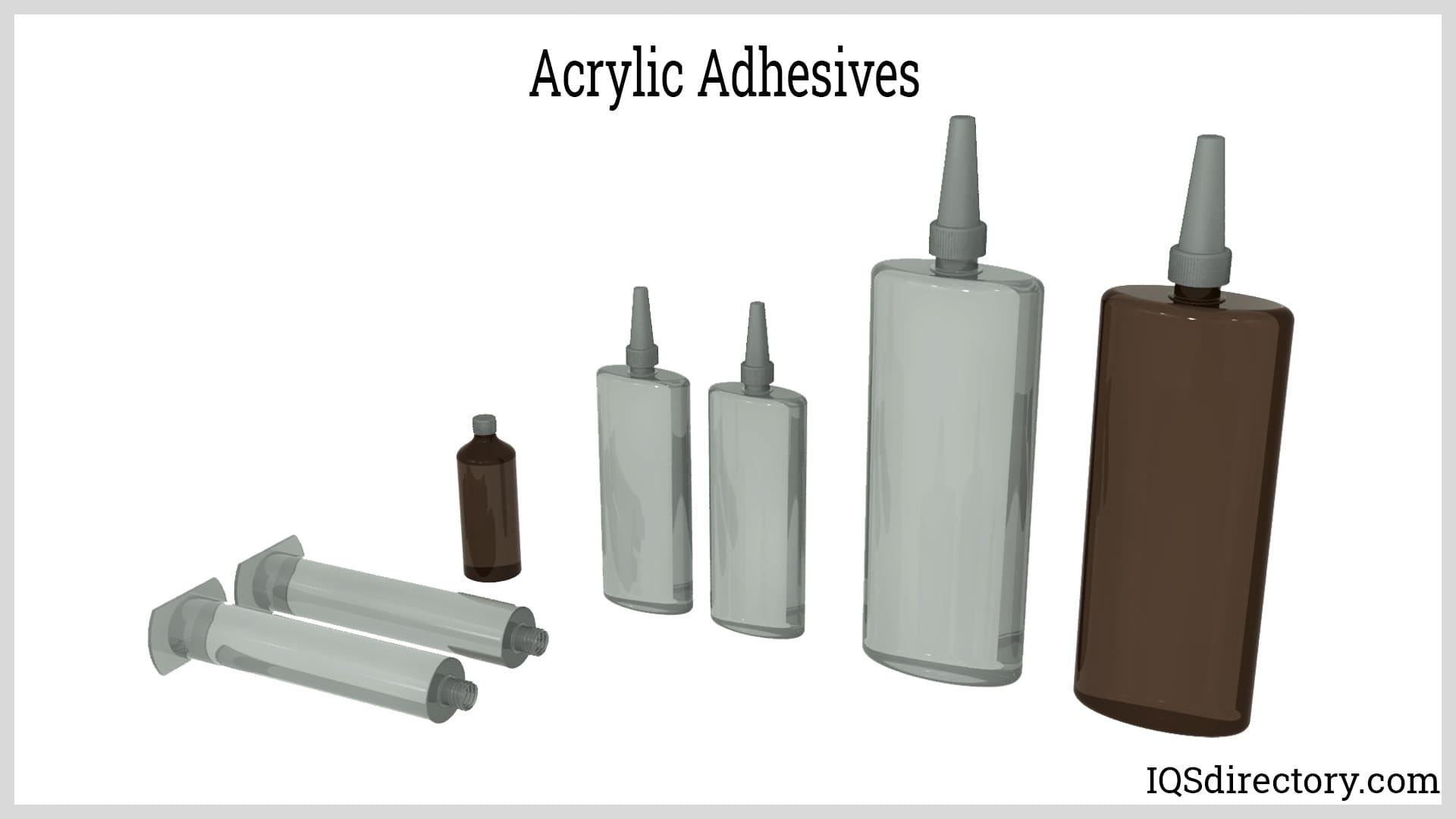
How Are Acrylic Adhesives Made?
The process of manufacturing acrylic adhesives involves the polymerization of acrylic monomers. Acrylic monomers are compounds that contain one or more acrylic or methacrylic groups. These groups are essential for the polymerization reaction that forms the acrylic adhesive.
There are several methods for polymerizing acrylic monomers, including bulk, solution, and emulsion polymerization. The choice of method depends on the specific properties required for the final adhesive, as well as the manufacturing process.
Bulk Polymerization
In bulk polymerization, the acrylic monomers are mixed together with a small amount of initiator, which is a compound that triggers the polymerization reaction. The mixture is then heated to a high temperature, typically between 60°C to 100°C, to initiate the reaction. The heat generated by the reaction is then used to maintain the temperature and continue the reaction until the desired degree of polymerization is achieved.
Solution Polymerization
In solution polymerization, the acrylic monomers are dissolved in a suitable solvent, such as acetone or methyl ethyl ketone, along with the initiator. The mixture is then heated to a temperature between 50°C to 80°C, and the reaction proceeds to form the polymer. The resulting polymer solution is then cooled and purified to remove any unreacted monomers or impurities.
Emulsion Polymerization
In emulsion polymerization, the acrylic monomers are dispersed in water along with a surfactant, which helps to stabilize the emulsion. The initiator is then added to the mixture, and the reaction proceeds to form the polymer. The resulting polymer dispersion is then cooled and purified to remove any unreacted monomers or impurities.
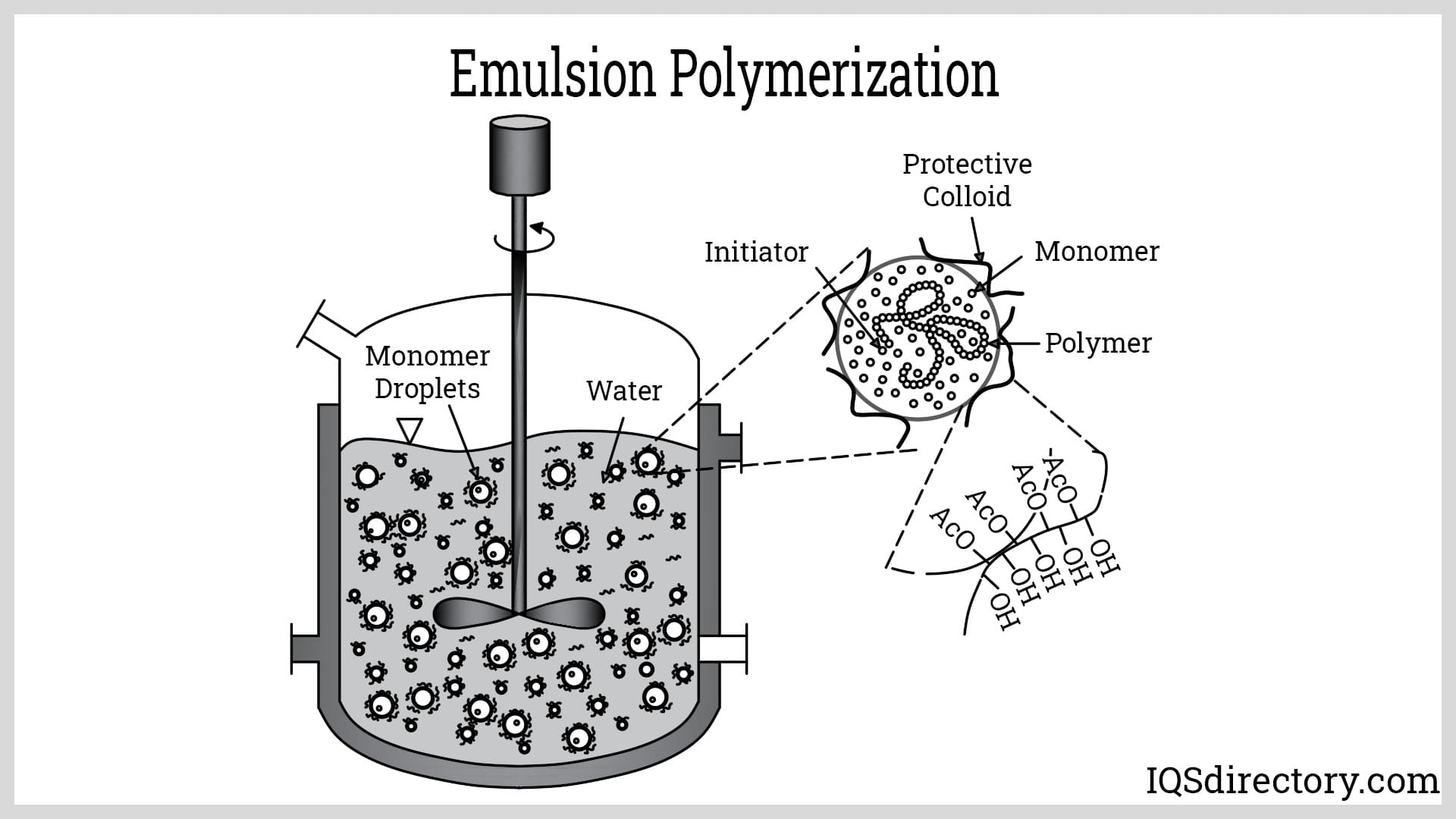
Once the polymerization reaction is complete, the resulting polymer can be further processed to form the final adhesive. This typically involves the addition of various additives, such as plasticizers, fillers, or tackifiers, to modify the properties of the adhesive, such as its viscosity, flexibility, or tackiness. The final step is to package the adhesive into the desired form, such as liquid, paste, or film, and to store it under the appropriate conditions until it is ready for use.
What Separates Acrylic Adhesives and Other Adhesives?
Compared to other adhesives such as cyanoacrylate, epoxy, and silicone , acrylic adhesives offer several advantages. Acrylic adhesives have excellent environmental resistance, which means they can withstand exposure to heat, chemicals, and UV radiation without losing their strength or integrity. They also have a higher temperature resistance than other adhesives, making them suitable for use in high-temperature applications. Unlike cyanoacrylate adhesives, acrylic adhesives have good gap-filling properties, which allow them to bond uneven surfaces and substrates with varying thicknesses.
Limitations of Acrylic Adhesives
While acrylic adhesives offer several advantages, they also have some limitations. Acrylic adhesives have a relatively short working time, which means they need to be applied quickly before they start to cure. They also require a clean and dry substrate to achieve optimal bonding performance. Additionally, acrylic adhesives can be brittle and may not be suitable for bonding materials that experience significant stress or flexing.
Benefits of Acrylic Adhesives
Acrylic adhesives offer several benefits, including:
Exceptional Bonding Performance
Acrylic adhesives have excellent bonding performance due to their ability to form a strong and durable bond with a wide range of substrates, including metals, plastics, composites, and ceramics. They offer excellent adhesion to both smooth and rough surfaces, which makes them ideal for applications where a secure and long-lasting bond is required.
Good Environmental Resistance
Acrylic adhesives are highly resistant to environmental factors such as heat, moisture, and chemicals. They can withstand exposure to UV radiation and temperature fluctuations, making them ideal for use in outdoor or harsh environments. This resistance to environmental factors makes acrylic adhesives a reliable and long-lasting solution.
High-Temperature Resistance
Acrylic adhesives have a high-temperature resistance, making them ideal for use in applications where high temperatures are expected. They can withstand temperatures up to 150°C, which makes them suitable for use in automotive, aerospace, and other high-temperature applications.
Good Gap-Filling Properties
Acrylic adhesives have good gap-filling properties, which means they can fill in gaps and irregularities between substrates. This property makes them ideal for bonding uneven surfaces or substrates with varying thicknesses. They can also be used to bond dissimilar materials.
Easy to Use
Acrylic adhesives are easy to use and apply, which makes them ideal for high-volume manufacturing processes. They can be applied using a variety of methods, including spray, brush, or roller, and they cure quickly, reducing the production time.
Cost-Effective
Acrylic adhesives are cost-effective compared to other adhesive types. They are less expensive than epoxy adhesives and require less energy to cure than other adhesive types. They also have a longer shelf life than other adhesive types, reducing waste and costs.
Applications of Acrylic Adhesives
Acrylic adhesives find use in various industrial and consumer applications, including:
Automotive and Aerospace
Acrylic adhesives are used to bond body panels, windshields, and other components in the automotive and aerospace industries.
Electronics
Acrylic adhesives are used to bond and seal electronic components, including circuit boards, displays, and sensors.
Medical Devices
Acrylic adhesives are used to bond and seal medical devices, including catheters, pacemakers, and other implants.
Construction
Acrylic adhesives are used to bond and seal building materials, including windows, doors, and panels.
Packaging
Acrylic adhesives are used to seal and package food, pharmaceuticals, and other products.
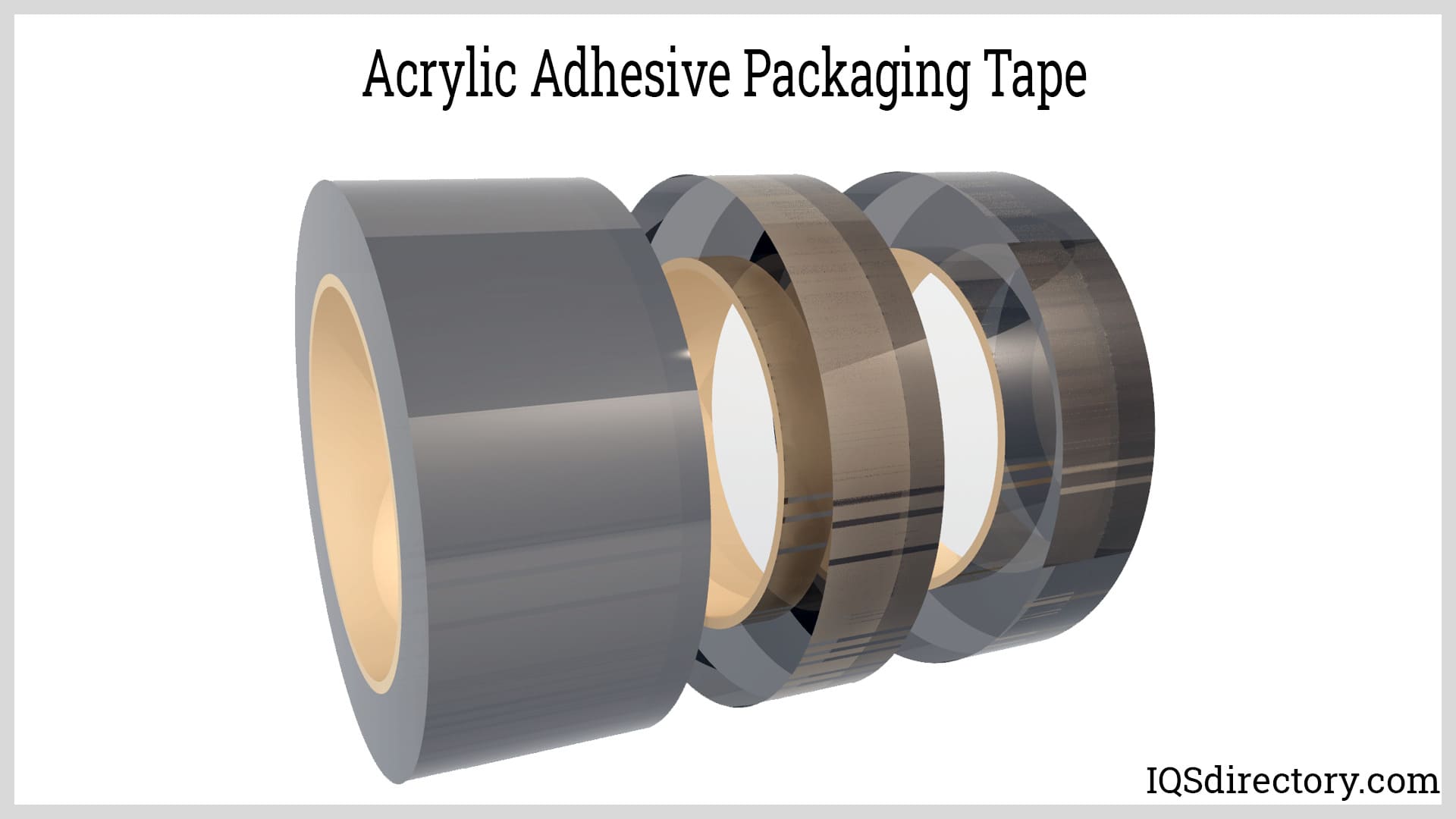
General Industrial Applications
Acrylic adhesives find use in a range of industrial applications, including assembly, repair, and maintenance.
Choosing the Right Acrylic Adhesive Manufacturer
To ensure you have the most beneficial outcome when purchasing acrylic adhesives from an adhesive acrylic manufacturer, it is important to compare several companies using our directory of acrylic adhesive manufacturers. Each acrylic adhesive manufacturer has a business profile page highlighting their areas of experience and capabilities, along with a contact form to communicate with the manufacturer for more information or request a quote. Review each acrylic adhesive business website using our patented website previewer to quickly learn what each company specializes in. Then, use our simple RFQ form to contact multiple acrylic adhesive companies with the same form.

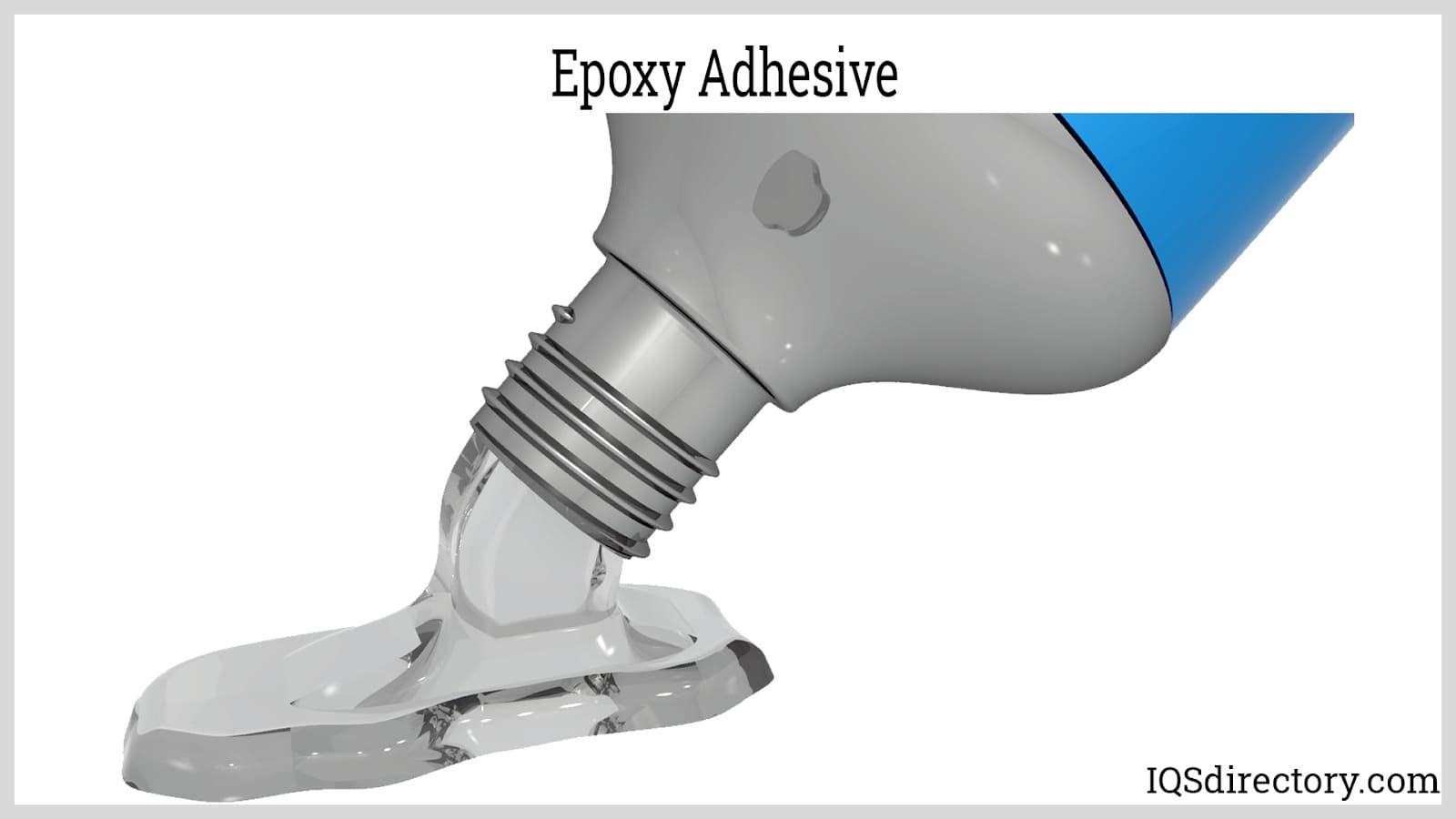
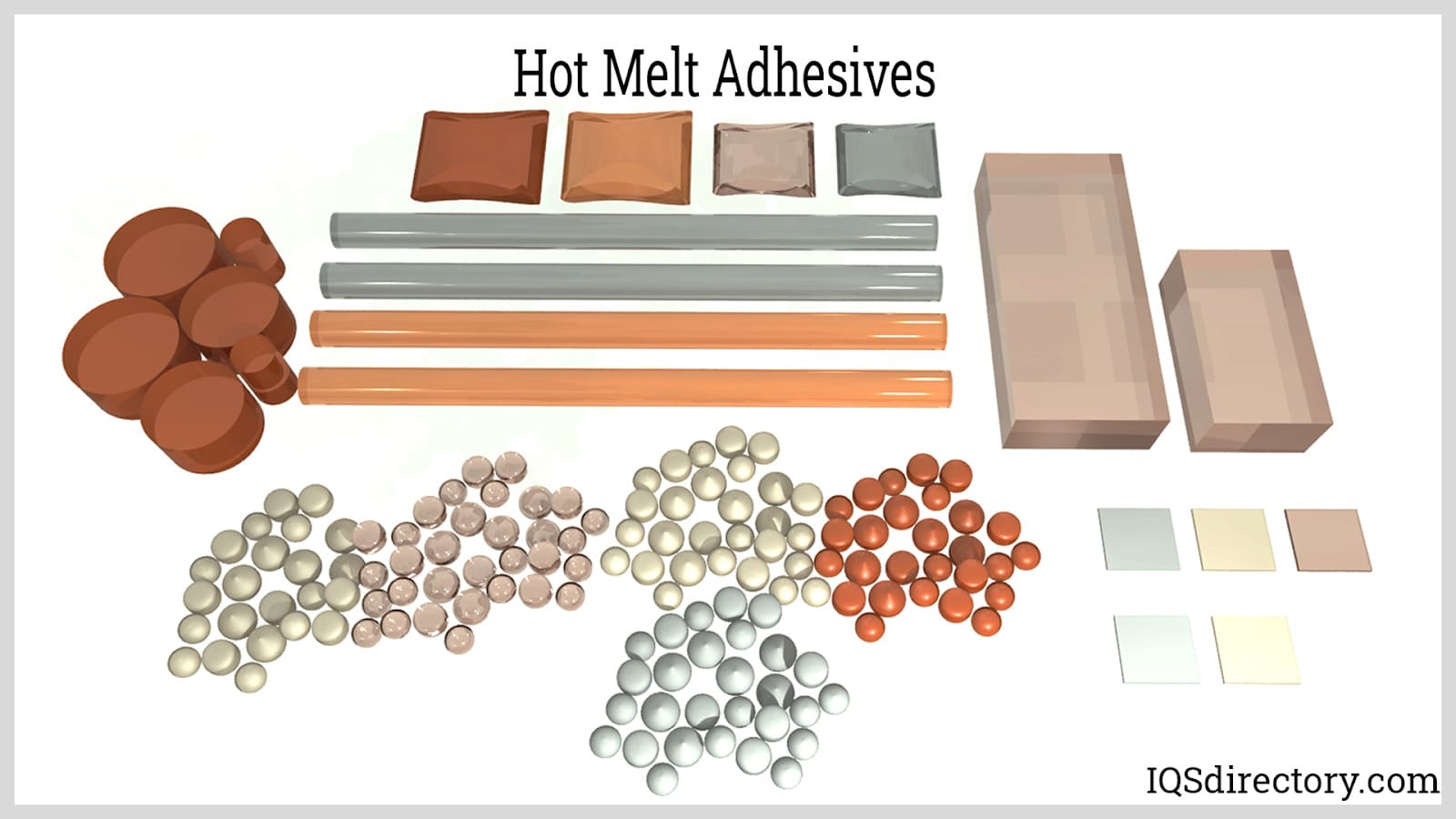
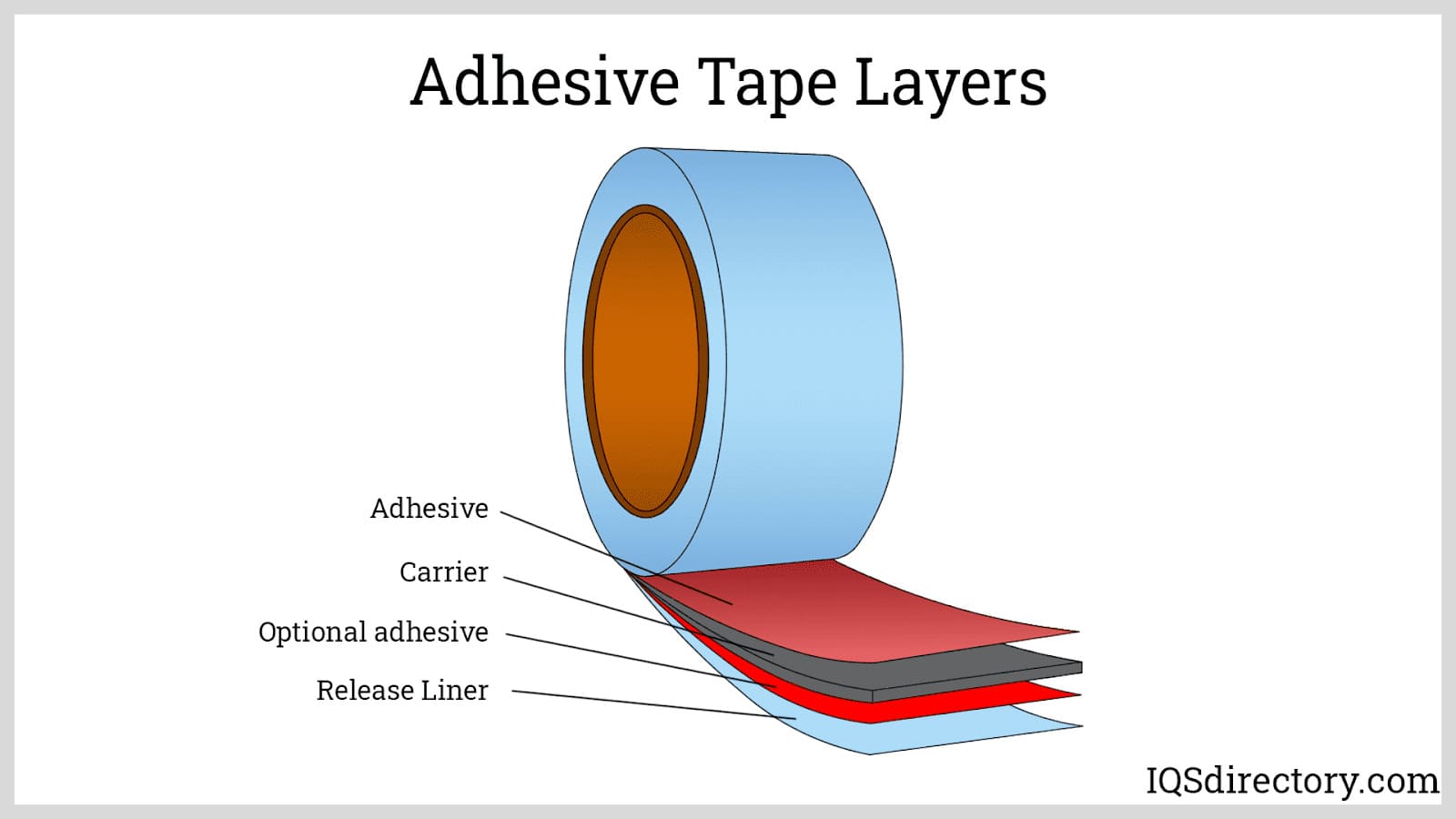
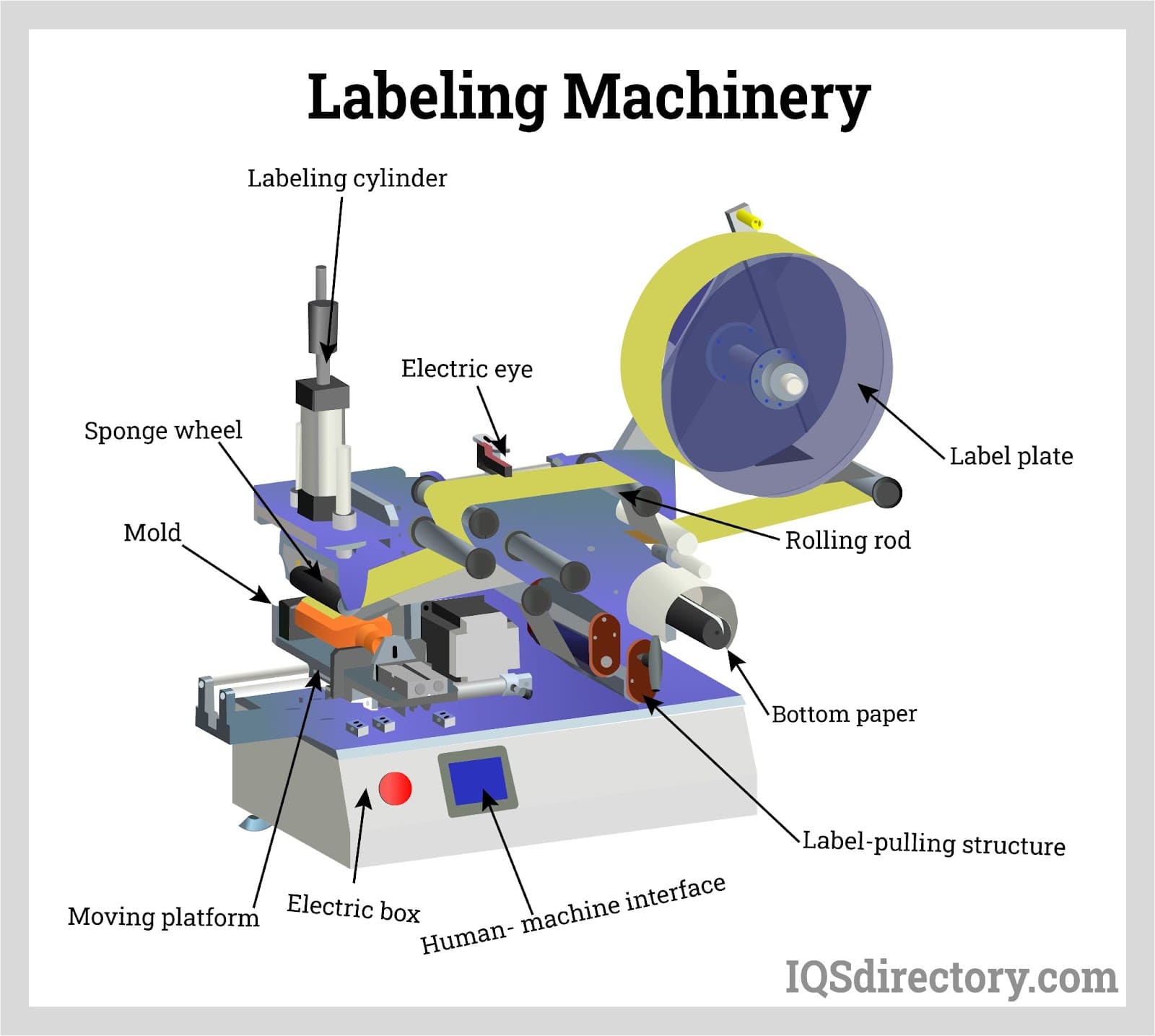
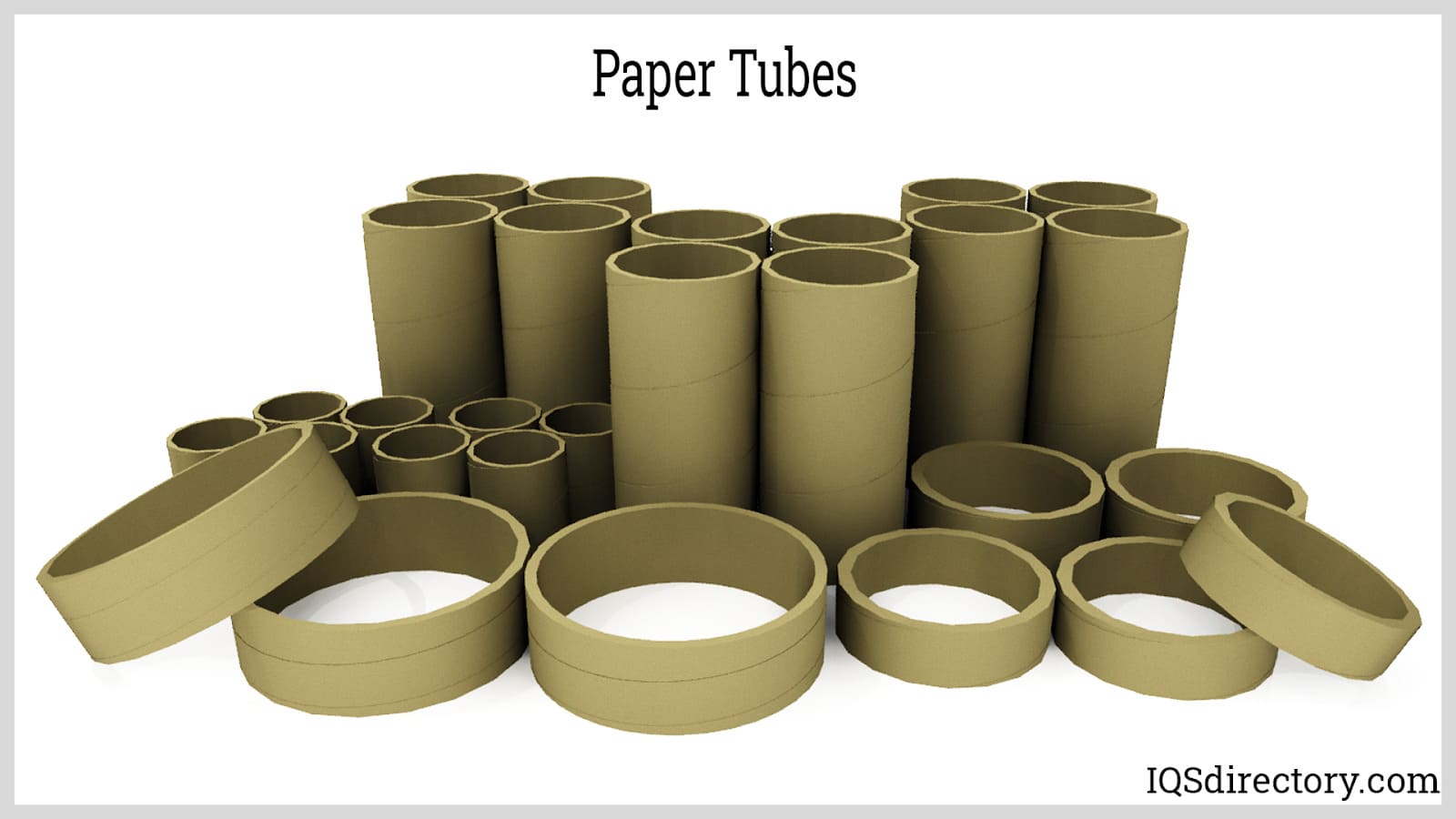
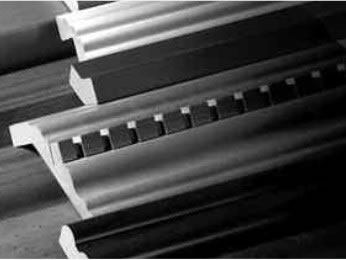 Adhesives
Adhesives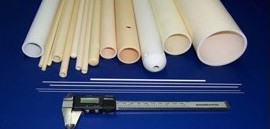 Alumina Ceramic
Alumina Ceramic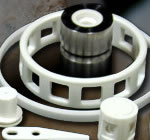 Ceramic
Ceramic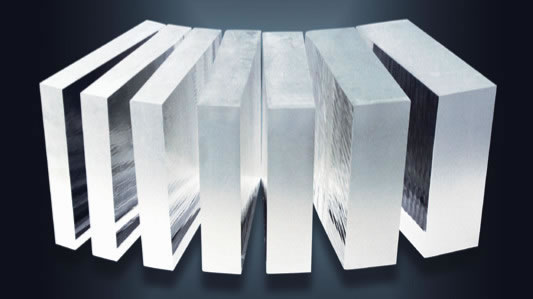 Glass
Glass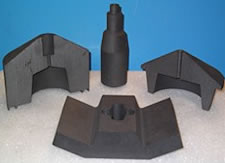 Graphite
Graphite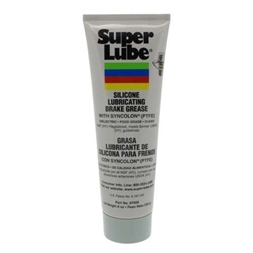 Lubricants
Lubricants Castings & Forgings
Castings & Forgings Bulk Material Handling
Bulk Material Handling Electrical & Electronic Components
Electrical & Electronic Components Flow Instrumentation
Flow Instrumentation Hardware
Hardware Material Handling Equipment
Material Handling Equipment Metal Cutting Services
Metal Cutting Services Metal Forming Services
Metal Forming Services Metal Suppliers
Metal Suppliers Motion Control Products
Motion Control Products Plant & Facility Equipment
Plant & Facility Equipment Plant & Facility Supplies
Plant & Facility Supplies Plastic Molding Processes
Plastic Molding Processes Pumps & Valves
Pumps & Valves Recycling Equipment
Recycling Equipment Rubber Products & Services
Rubber Products & Services